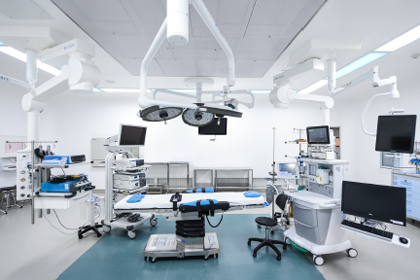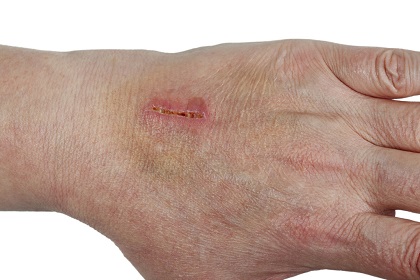Search
Dear Sir/Madam:
Greeting!
Thank you for choosing the Jiahui Ambulatory Surgery Center for your anorectal surgical procedure. We sincerely wish to provide you with a top quality healthcare experience. To fully prepare for your surgical procedure, please read through the following instructions:
Before surgery
1. Medications
Please let your doctor know if you are taking aspirin, warfarin, clopidogrel (Plavix), any other blood-thinning medications, or any over-the-counter medications or supplements. If necessary, your doctor might request that you stop taking these medications for about a week before the surgical procedure.
Please follow your surgeon's advice as directed unless instructed by your cardiologist or any other specialist doctors to continue taking these medications.
DO REMEMBER TO LET YOUR SURGEON KNOW IF YOU ARE CONTINUING WITH THESE MEDICATIONS.
2. An anesthesiologist will visit you before your surgical procedure if you require general anesthesia. Please provide necessary information for his/her professional evaluation.
3. Diet recommendations
4. Fasting requirements
Please stop eating and drinking:
5. Bowel preparation
i. Dilute 2 packets of prescribed powder in 2 liters of warm water and mix well
ii. Finish the above prepared mixture within 2 hours:
a) Within the 1st hour, finish 1 Liter of the prepared mixture
b) Within the 2nd hour, drink 250 ml of prepared mixture every 15 minutes
After surgery
1. Recovering in the surgery center
a) If you have undergone the surgical procedure with spinal or epidural regional anesthesia, your anesthesiologist will instruct you to rest in a certain position for a specific number of hours. After that, you can gradually resume normal activities
b) Usually, pain relief medications are not needed, however please let you doctor or nurse know if you are experiencing pain or swelling so we can ensure you feel more comfortable before leaving the surgery center
c) You can resume your low-residue diet once you do not feel nauseous or dizzy
d) You will not have any real stool formation within 24 hours of the procedure. Therefore, avoid the urge to defecate during this time
2. Home care instructions
a) Bowel movements
• Please check that the Vaseline gauze is passed during your first bowel movement (usually 48 to 72 hours) after the surgical procedure. It is normal if you see some dark red coloration or red blood clots on the gauze
• It is also normal to find slight bleeding and pain during bowel movements 3 to 5 days after the surgical procedure
• Only take stool softeners or medications to relieve constipation prescribed by your doctor
b) Wound care
• Gently cleanse the anal area with water to keep the anal area clean after each bowel movement. You can use a washlet or bath/shower for this. You may also use non-alcohol baby wipes to keep the area clean
c) Diet
• Please start with a soft low-residue diet after your surgical procedure. After 24 hours, you can gradually resume your healthy diet
• Add more fluids, fruits, and fiber into your diet to keep your stools soft. Hard stools may cause your wound to bleed
d) Exercise and activity
• Avoid heavy lifting or strenuous exercise after the surgical procedure until you feel well
• Your doctor will teach you a set of exercises to strengthen your anal muscles to help with wound healing. Please follow your doctor's instructions
e) Follow-up care
• Stitches do not usually require removal after the surgical procedure. Your doctor will arrange a follow-up with you if needed
f) When to call your doctor
Please contact your doctor immediately if you have any of the following:
• Continuous bleeding
• Bloody stools increasing in amount and frequency
• Worsening or severe pain
• Fever higher than 38.0°C, with increased pain in the anal regio
• Increased pain or redness, swelling, or foul-smelling drainage from wound
• Unable to urinate more than 8 hours
Click the link for more information on General Surgery Clinical Service











